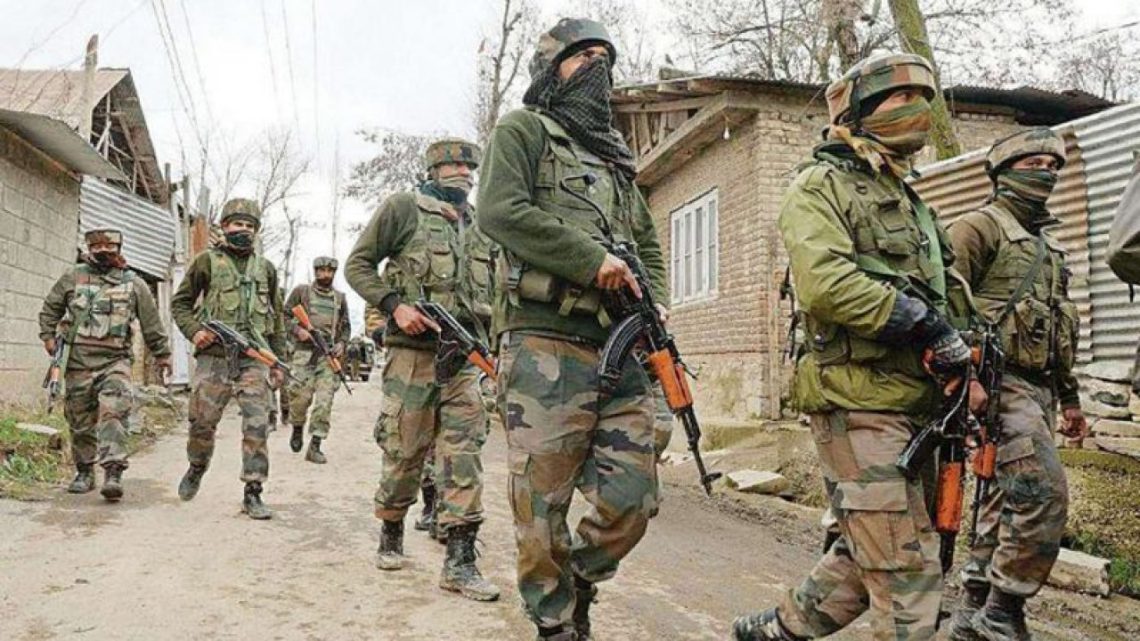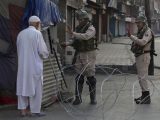
Indian Army is trained to commit genocide of Kashmiris in IIOJK
January 15, 2024The Indian army, often accused of being a coercive force, is continuously under scrutiny for its alleged mistreatment of Kashmiris and involvement in war crimes in occupied Jammu and Kashmir. On the occasion of India’s 76th Army Day, a report asserted that Indian troops persist in committing severe human rights violations in the occupied territory. The report contends that the Indian army, influenced by the Hindutva ideology of the Rashtriya Swayamsevak Sangh (RSS), is trained in tactics that include genocide and crimes against the vulnerable Kashmiri population.
According to the report, the celebration of Army Day by the occupation troops lacks justification due to their purported involvement in killing, abducting, and arresting innocent individuals during notorious cordon-and-search operations and house raids in the territory. It further asserts that beyond the disputed Jammu and Kashmir region, Indian army troops are allegedly responsible for shooting innocent civilians in various states within India. The recent killing of three civilians in the Poonch district is presented as evidence of the Indian army’s alleged savagery.
The report extends its allegations to India’s northeastern region, claiming that the Indian army has reportedly killed over 4,000 civilians, predominantly from marginalized communities such as Dalits, Christians, and Muslims, over the past two decades. It emphasizes that the killing of individuals in staged encounters has become a routine practice for the Indian army. The report argues that the killing fields of the Indian Illegally Occupied Jammu and Kashmir (IIOJK) expose the true face of the Indian army, accusing it of engaging in fake encounters and extrajudicial killings in the occupied territory.
Highlighting the grim statistics, the report asserts that the Indian army allegedly carried out 41 extra-judicial killings in Kashmir in 2023 alone. Shockingly, it claims that a staggering 96,285 Kashmiris have fallen victim to the Indian army’s bullets over the past 35 years. The report concludes by urging that the Indian army forces should be held accountable for what it describes as heinous acts of brutality.
It is essential to note that these allegations come from a specific perspective, and claims of this nature should be thoroughly investigated to establish the veracity of the accusations. The situation in Kashmir remains a complex and sensitive issue, and a fair and impartial inquiry is crucial to determine the facts surrounding the alleged human rights violations.

